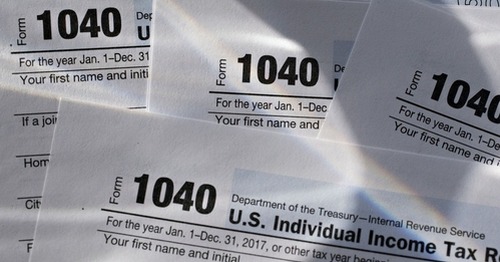
How 2023 U.S. tax brackets are changing due to inflation
America's tax brackets are changing thanks to inflation.
That will be welcome news for many people whose salaries haven't been keeping up this year with the highest price increases in four decades.
The announcement of the tax-bracket shifts comes a week after the Social Security Administration revealed the largest inflation adjustment for fixed-income beneficiaries in a generation.
Tax brackets move alongside the inflation rate, meaning the amount of tax you pay on your income gradually shifts in normal times. But the persistently high inflation consumers have been facing this year is anything but normal, so the tax brackets are moving up to offset that. The good news is, if your wages haven't risen enough, you'll likely fall into a lower tax bracket in 2023.
Here's how that translates in dollar amounts
The standard deduction for married couples filing jointly for the 2023 tax year rises to $27,700, up $1,800 from the prior year. For single taxpayers and married individuals filing separately, the standard deduction rises to $13,850, up $900; and for heads of households, the standard deduction will be $20,800, up $1,400.
Meanwhile, the 12% tax bracket in 2023 will go to married couples filing jointly with incomes over $22,000 and individuals who earned more than $11,000. The 22% tax bracket will apply to married couples filing jointly with incomes over $89,450 and individuals with incomes over $44,725. That compares with this year's respective $83,550 and $41,775 thresholds for the 22% rate.
- The 24% rate will apply to married couples filing jointly with incomes over $190,750, or individuals with incomes over $95,375.
- The 32% rate will go to married couples filing jointly with incomes over $364,200, or individuals with incomes over $182,100.
- And the 35% rate will apply to married couples filing jointly with incomes over $462,500, or individuals making more than $231,250.
The top rate, 37%, will apply to married couples filing jointly with incomes over $693,750, or individuals making over $578,125.






